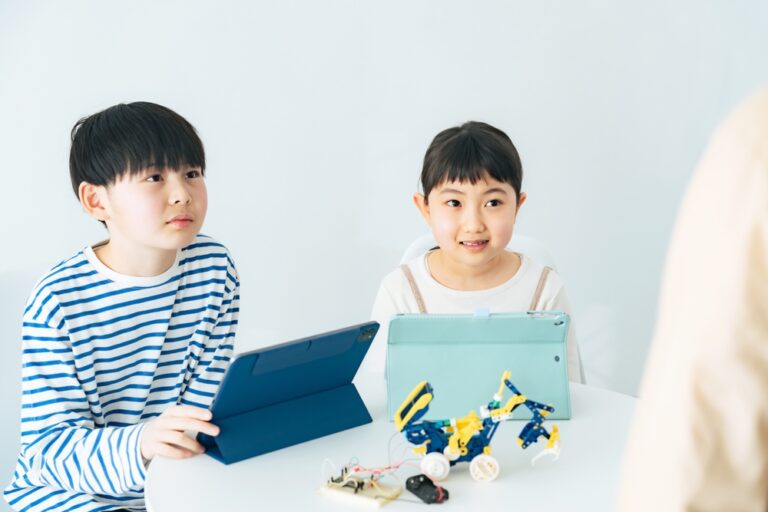
Written by: geneDecode Genetics Education Professional Team
Innate potential is an ability that everyone is born with, a genetic characteristic that is present before growth. From birth, each child possesses their own unique talents. In the process of a child’s growth, emotional intelligence, IQ, and the ability to withstand setbacks, among others, are all necessary conditions for success. Among these conditions, each child’s talents are different. Can we discover their innate talents in the innocent eyes of children? Can we be sure to capture these talents and guide the children on a path of growth that suits them?
Here is a mother’s experience:
‘Amy is 4 years old this year. As she grows up, she is becoming more and more curious about the things around her. Amy’s father noticed that she seemed to show a special interest in doodling when she was 2 years old. I casually gave her some paint, and she could use a brush, crayons, or her fingers, even a bottle of ketchup, to paint. No one knows what she is painting, maybe only she knows. Amy’s father and I both think that she should be allowed to grow freely. I found that she seems to like painting very much. If she is really good at it, I think we will definitely cultivate her well.’
Amy’s parents are wise. Each child has different talents hidden in different fields. When a child’s talent is found, if it can be cultivated and paid attention to by parents and teachers, it will save a lot of detours in the direction of success. However, the most important thing is for children to have a sense of success from a young age and grow up to be happy and confident people.
Scientific research confirms that the period of infant growth is the fastest and most sensitive period of brain development, and it is also the best time to develop a child’s talents. The cultivation of talents is time-sensitive, and scientists call this irreplaceable stage the ‘talent time window

Only at the most important and appropriate moments, with the right education and cultivation, can innate potential develop into real abilities. Missing these key moments of development, a child’s talents may relatively weaken, and their innate potential may no longer stand out. Here are some key moments for reference:
Key Moments for Talent Development
Memory: 12 months to 12 years old
Emotional Intelligence: 2 months to 22 years old
IQ: Birth to 13 years old
Music: 2 months to 5 years old
Drawing: Birth to 15 years old
Sports: Birth to 12 years old
‘Whether Amy can become a painter when she grows up, I can’t confirm, we are just observing. It can be said that it is completely based on feeling. Talent is hard to say, maybe she has talents in other areas, or sometimes it is not obvious, then it is hard for us to discover. We can only do our best and observe her from as many angles as possible.’
This is not just a worry for Amy’s mother. Every parent dreams of their child’s success, but the key is how to accurately discover a child’s talents.
Many parents are trying, hoping to find clues in their child’s behavior, hoping to find ways to discover a child’s talents early. Those parents who seem to have found a method, according to their own judgment and willingness, send their children to various specialty classes and youth classes to learn various skills, hoping that one day, they can become experts in this field. For this goal, parents spare no effort to invest a lot of money and time.

However, doing so seems to not only waste a lot of money and time, but also those originally intelligent children are more likely to lose their spirit in the multitude of educational directions, their talents are delayed or even obliterated. They passively move from one tutoring class to another specialty class, learning things they neither like nor are good at.
Childhood, for children, is no longer a memory of happiness and beauty, but of pressure and worry. The saddest thing is that when they grow up, they have more complaints about their parents.
Is there a better way to understand a child’s talents, personality, and traits, so as to teach students in accordance with their aptitude and cultivate them in a directed way?